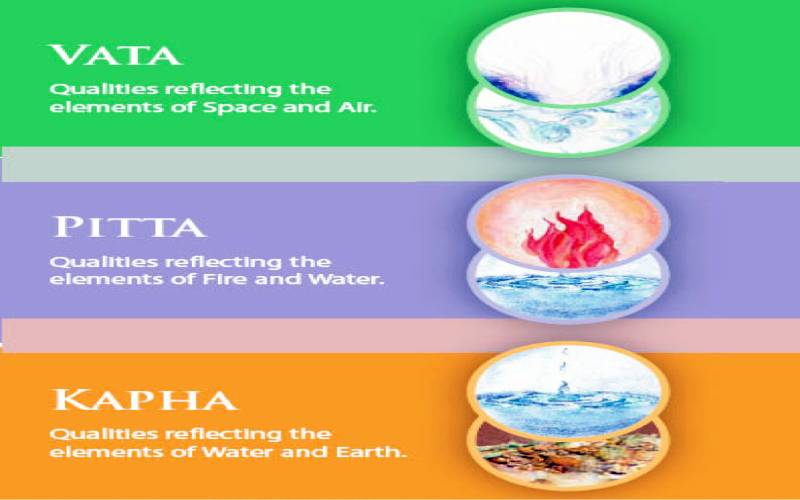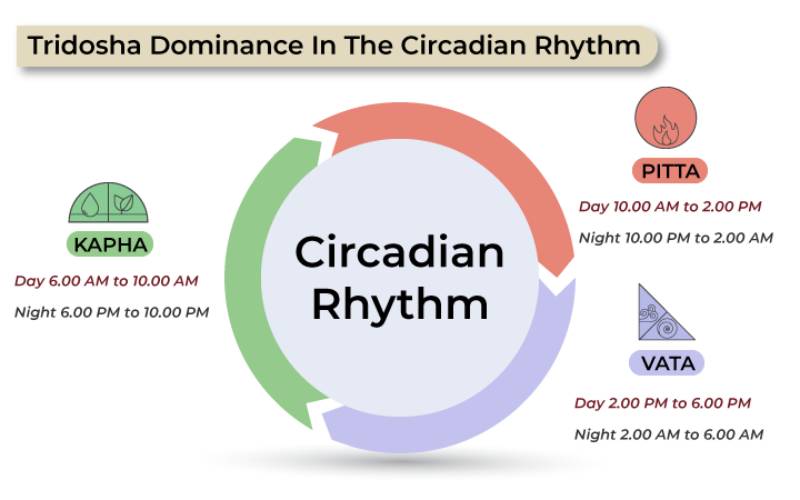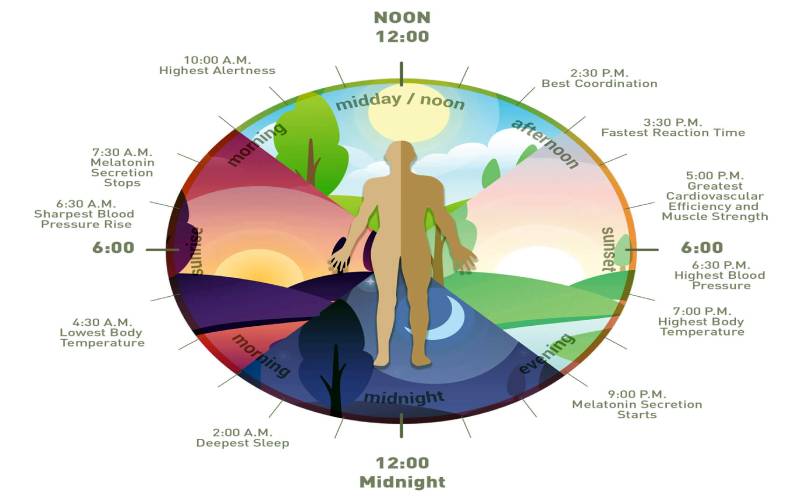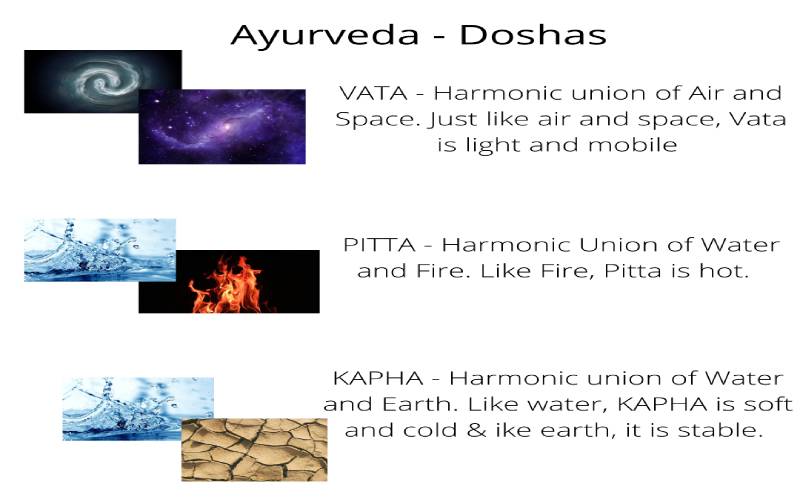A human being needs nourishment to survive. The body gets nourished through the intake of food and the mind through various yogic practices and meditation. The ancient sages of India were aware of the practices and have left behind an extensive resource to guide the humans on positive forms of nourishment.
This extensive knowledge of food can be accessed by reading texts like ‘Rig Veda,’ ‘Bhagavad Gita,’ ‘Manu Samhita,’ ‘Thirukkural,’ and many other texts and poems from ancient times. When a person leads and follows the dharmic way, the food one consumes becomes medicine and cures any illness that arises in the body.
Saint Thiruvalluvar, in one of his couplets (under chapter Medicine, Couplet Number 942), says:
மருந்தெனவேண்டாவாம்யாக்கைக்குஅருந்தியது
அற்றதுபோற்றிஉணின்.
It roughly translates into; a man does not need any medicine, if what he had consumed is fully digested.

Food and Ayurveda
Ayurveda is an ancient branch that has its roots in India. It deals with the art and science of living, namely intention, time of a day, seasons, preparing and harvesting the ingredients, cooking, and dining space.
The five elements of nature constitute a human being. These five elements are air, fire, water, earth and ether or space. (For more detailed information regarding the elements kindly follow this link). The five elements present in a human body work together and create three compounds that influence the functions of a body. The three compounds (known as dosha-s in Ayurveda) are,
Vata (Gas) - Composed of air and space
Pitta (Heat) - Composed of fire and water
Kapha (Phlegm) - Composed of water and earth
Each of the dosha-s gets aggravated if we eat the things in excess and vice versa, which in turn leads to disease in the body. On the other hand, eating in a balanced way helps in maintaining the dosha-s. When dosha-s are balanced, it leads to good health. The Saint Thiruvalluvar beautifully explains this in one of his couplets (Couplet number 941, under the chapter Medicine) as,
மிகினும்குறையினும்நோய்செய்யும்நூலோர்
வளிமுதலாஎண்ணியமூன்று.
Every individual is unique. It is primarily due to the food consumed, the composition of the three dosha-s are present in an individual. Have you ever wondered why some individuals are silent while some are outspoken? Have you wondered why some are light sleepers while some sleep deeply? Well, the factors depend on the existence of a dosha or a combination of dosha-s in the body.

Circadian Rhythm and Ayurveda
When you look at mother earth, sun, and stars, they follow a rhythm/pattern in their movements. Based on these movements, the plants, animals, and birds follow the rhythm of nature.
A human being is no different. The body of a human being follows the same rhythm as well. Various organs in the body perform unique bodily functions. The timing of the organs to do their function constitutes a circadian rhythm. The circadian rhythm is in every cell, and it directs the organs to perform actions like - When to sleep, gut to digest etc.
According to Ayurveda, a day gets divided according to the dosha governing a particular time. The Circadian clock is split into twelve hours (6:00 am to 6:00 pm and 6:00 pm to 6:00 am). It further gets divided into three 4-hour periods.

6:00 am to 10:00 am - Kapha - Signifies growth and nourishment. The body is at its peak, and there is increased alertness during this stage and is one of the best times to exercise.
10:00 am to 12:00 pm - Pitta - During this phase, your body's metabolism is at its peak. It is the reason you should eat breakfast like the king, so the food gets digested.
2:00 pm to 6:00 pm - Vata - The nervous system is at its peak now. It is suitable for creative work and study.
6:00 pm to 10:00 pm - Kapha - This is the time to unwind and get ready for sleep. Have a light meal before bedtime. It is a great way to relax. Read some books and listen to soft and melodious music.
10:00 pm to 2:00 am - Pitta - Again, the metabolism is at its peak. The liver gets ready to flush out all the chemicals and toxins from the body. Eating late will result in overloading the liver.
2:00 am to 6:00 am - Vata - Nervous system is at its peak. Good time to study, meditate or chant mantras.
Hence, consumption of the correct type of food, in the right quantities and at the right time, plays a crucial role in nourishing the body. One more factor to consider is the way the food is prepped and cooked.

Preserving the Sacredness and Sanctity of a Meal
In Sanatana Dharma, every living thing around is holy and is respected. We are guided from a young age to feel grateful for all the beings present in Mother Nature.
A simple act of plucking Tulasi leaves/flowers for prayer was scientifically done. Before removing the leaves/flowers from the plant, the person would bow down to it and mentally thank the herb/plant for providing the leaves/flowers for human consumption.
Similarly, while harvesting spinach, fruits, and vegetables from our garden, it is always best to mentally feel the gratitude for their healthy bounty. The fruits, water, vegetables can absorb the vibrations present around them. So, when you talk to the plant or say a silent prayer, it enhances the positive vibrations.
There have been many kinds of research and studies conducted to prove plants and water can absorb vibrations. One such study was conducted by a Japanese doctor called Dr. Masaru Emoto. He has published many books on the study of water. The bestselling book of his is called ‘The Miracle of Water,’ and it is one of the New York Times bestsellers.
In his research, the doctor found that when water is exposed to positive vibrations like messages of gratitude, positive words, Mozart music or slokas, the water molecules (when frozen) formed into beautiful hexagon crystals. On the other hand, when he played heavy metal music or used harsh negative words the crystals shattered. Dr. Masaru Emoto is only proving right what our ancestors knew many centuries ago.
Have you noticed that every Indian household has a small pot of water in their pooja room, and after chanting mantra-s, morning/evening prayer, people drink spoonful of this water? It shows our ancestors’ broad spectrum of knowledge in different fields.
It is a general belief that the person who cooks either chants mantras or listens to them while preparing the meal for the family. These mantras will increase the positive vibrations and, in turn get absorbed in the food. The food thus consumed has immense positive vibrations. Any kind of mantras can be uttered/listened to while cooking which shall include the Gayathri Mantra, Maha Mrityunjaya Mantra, ‘Sri Vishnu Sahasranaama’ or ‘Sri Lalitha Sahasranaama.’
Once the meal is prepared and ready for consumption, it is always best to offer a small portion to Mother Nature as a token of gratitude. A spoonful of rice mixed with ghee can be offered to the crows/ants and squirrels in the garden.
One finally sits, consumes the food after a prayer (preferably to Goddess Annapoorni). While consuming food, be mindful of what is being consumed. Enjoy and relish the food in front of you and feel grateful to mother earth for providing nourishment for the day. Thus, food becomes sacred, and it nourishes the whole body in the right way.

I am Vaishnavi Gurusankar, a passionate Educator, a wife and a mother. I have over a decade of experience as an Educator and have been closely working with teachers and children of all ages. I am also an active parenting blogger and founder of Magical Unicorn, an exclusive parenting blog founded on Indian ethos, values and stories at its core.
NEXT ARTICLE